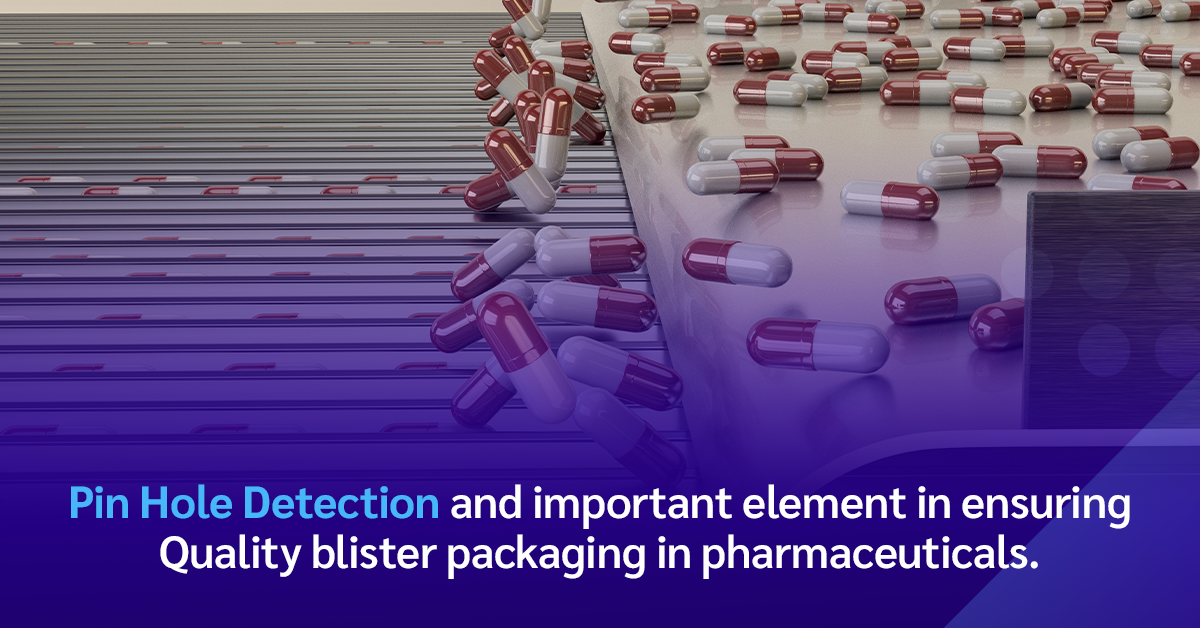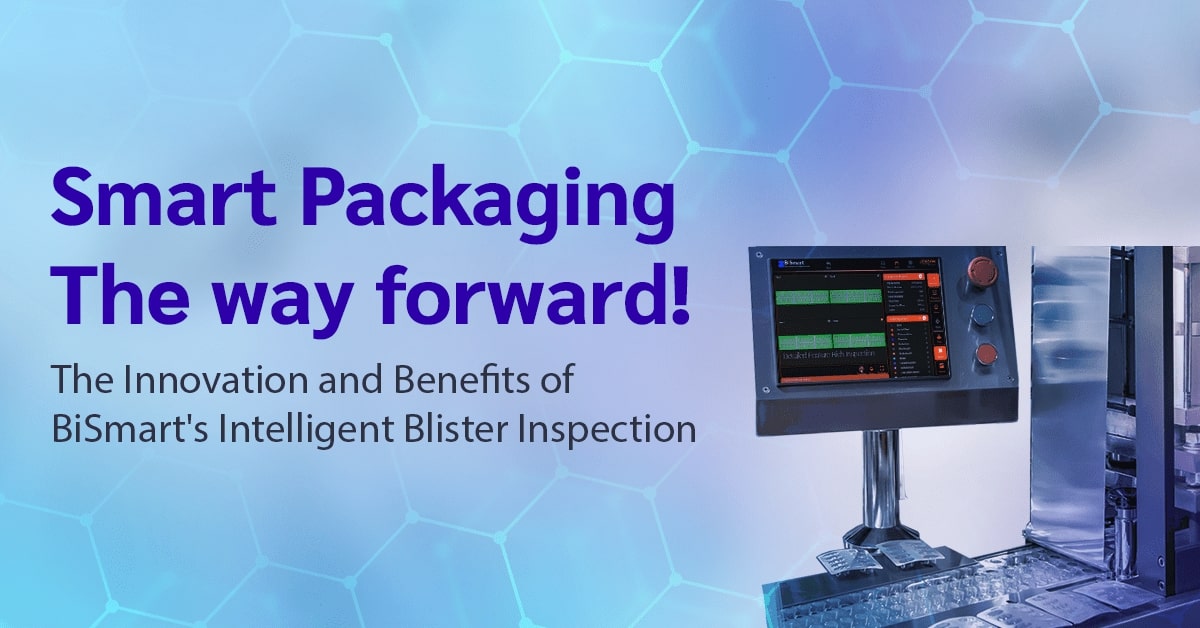The integrity of packaging is important for ensuring the safety, efficacy, and quality of products. Blister packaging is widely used for its convenience and protection, but even the smallest defects can compromise the product’s safety.
One of the most important aspects of maintaining blister packaging quality is detecting pinholes, a task that requires advanced technology and precision.
This article explores the importance of pinhole detection and introduces Jekson Vision’s state-of-the-art Pinhole Detection System (PHD), a leading solution in this field.
The Importance of Pinhole Detection
1. Preserving Product Integrity
Blister packaging serves as a barrier to external elements, protecting pharmaceutical products from moisture, air, and contaminants.
Even tiny pinholes can allow these elements to penetrate, leading to potential degradation of the product.
Pinholes can result from various factors during the manufacturing process, including foil fractures, poor sealing, or handling errors.
Detecting and eliminating these defects is essential to preserving the product’s integrity and ensuring that it remains safe for consumption.
2. Compliance with Regulatory Standards
Pharmaceutical companies must adhere to stringent regulatory standards, including those set by the FDA and other global authorities. These standards require that packaging meet specific criteria to ensure product safety and efficacy.
Pinhole detection is a key component of this compliance, as undetected defects could lead to regulatory penalties, product recalls, or harm to consumers.
Effective pinhole detection systems help companies meet these regulatory requirements and maintain their reputation in the market.
3. Reducing Production Losses
Undetected pinholes can result in costly production losses. Defective blister packs may need to be scrapped, leading to increased production costs and waste.
By implementing a robust pinhole detection system, companies can identify and address defects early in the production process, minimizing waste and ensuring that only high-quality products reach the market.
4. Enhancing Consumer Confidence
The safety and reliability of pharmaceutical products are paramount to consumer trust.
A commitment to quality, including the detection of pinholes in blister packaging, reinforces a company’s dedication to producing safe and effective products.
This not only helps in maintaining customer loyalty but also strengthens the brand’s reputation.
Introducing Jekson Vision’s Pinhole Detection System
Jekson Vision’s Pinhole Detection System (PHD) represents a significant advancement in quality control technology.
Designed to meet the demanding needs of the pharmaceutical industry, the PHD combines cutting-edge features with user-friendly operation to deliver unparalleled performance in pinhole detection.
1. Precision and Accuracy
The PHD boasts an impressive pinhole detection precision as small as 10 μm. This level of accuracy ensures that even the smallest defects are identified, which is crucial for maintaining the highest standards of product quality.
2. High Operational Speed
Efficiency is a key consideration in pharmaceutical manufacturing. The PHD operates at speeds of up to 1800 meters per hour, allowing it to keep pace with high-production environments without compromising accuracy.
This high operational speed helps in maintaining productivity while ensuring thorough inspection.
3. Continuous Self-Diagnostics
Reliability is paramount in quality control systems. The PHD features continuous self-diagnostics, which ensures 100% inspection reliability.
This real-time monitoring and self-correction capability provide uninterrupted operation and immediate detection of any issues that may arise.
4. Modular Design and Compact Footprint
Flexibility in production environments is essential. The PHD’s modular design and small footprint make it adaptable to various production setups.
Its enclosed compact design maximizes space utilization and enhances workplace safety and cleanliness.
5. Easy Integration and Compliance
The PHD is designed as a plug-and-play system, allowing for seamless integration with existing production lines. This ease of integration minimizes downtime and training time.
Additionally, the system is 21 CFR Part 11 compliant, meeting regulatory requirements for electronic records and signatures, ensuring that it aligns with industry standards.
Investing in Quality with Jekson Vision
In the pharmaceutical industry, ensuring the quality of blister packaging is a critical component of maintaining product safety and compliance.
Detecting and addressing pinholes effectively is essential for preserving product integrity, meeting regulatory standards, and reducing production losses.
Jekson Vision’s Pinhole Detection System offers a reliable, high-performance solution designed to meet these needs with precision and efficiency.
For those seeking to enhance their quality control processes and ensure the highest standards of product packaging, Jekson Vision’s Pinhole Detection System provides a valuable tool.
To learn more about how the PHD can benefit your production line and support your commitment to quality, feel free to reach out to us.
We’re here to help you achieve excellence in every aspect of your packaging process.






